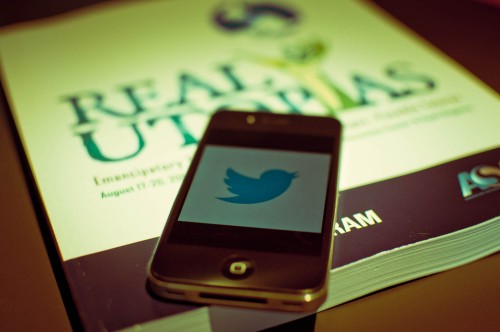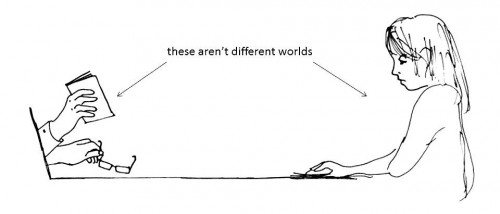
Stories In Focus, posted by Sarah Wahnecheck two days ago, is a brief exploration of Bokeh that strikes me as a great start to something bigger. This is just a quick followup, asking Sarah and others to think more about the reality that amateur, documentary and news footage is increasingly coming to look like art films, specifically the effect of having one thing in sharp focus with the rest blurred and out of focus. more...



